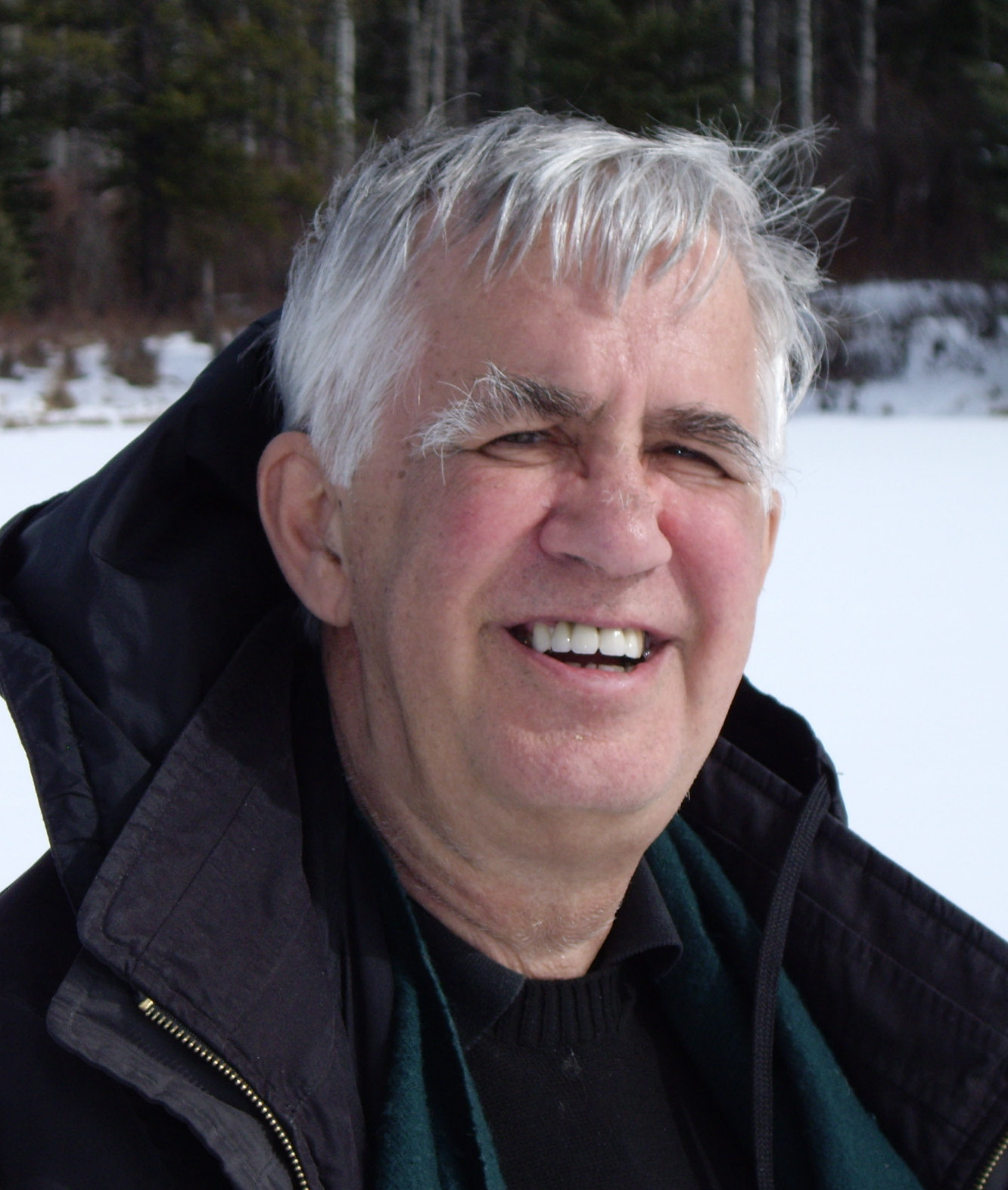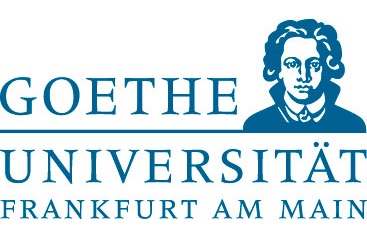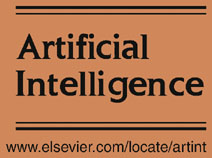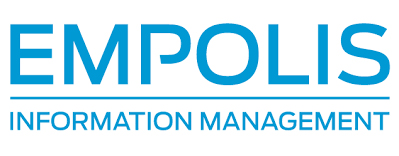Invited Speakers
Qiang Yang: New Advances in Transfer Learning

Abstract:
Transfer learning aims to exploit prior knowledge in new situations. Often, the target problem domains are complex and have much less data to work with. We survey the existing works on transfer learning for handling such novel and complex situations. We also present new approaches in transfer learning including source-free transfer learning, transitive transfer learning as well as new techniques to counter negative transfer in transfer learning. I will also compare and highlight case-based reasoning and transfer learning in the talk.
Bio:
Qiang Yang is the head of Computer Science and Engineering (CSE) Department at Hong Kong University of Science and Technology (HKUST), where he is a New Bright Endowed Chair Professor of Engineering. Between 2012 and 2014, he was a founding director of the Huawei Noah's Ark Research Lab. His research interests are data mining and artificial intelligence including machine learning, planning and case based reasoning He is a fellow of AAAI, IEEE, IAPR and AAAS. He received his PhD from Computer Science Department of the University of Maryland, College Park in 1989. He had been an assistant/associate professor at the University of Waterloo between 1989 and 1995, and a professor and NSERC Industrial Research Chair at Simon Fraser University in Canada from 1995 to 2001. He has been an invited speaker at IJCAI 2009, ACL 2009, ACML 2009 and ADMA 2008 and 2012, SDM 2012, WSDM 2013, etc. He was elected as a vice chair of ACM SIGART/SIGAI in July 2010 and is now an advisor of ACM SIGAI. He was the founding Editor in Chief of the ACM Transactions on Intelligent Systems and Technology (ACM TIST) and is now the founding EiC of IEEE Transactions on Big Data. He is on the editorial board of IEEE Intelligent Systems and several other international journals (IEEE, TKDE (2005-2009), AI Magazine, etc.). He has served as a PC co-chair and general co-chair of several international conferences, including ACM KDD 2010 and 2012, ACM RecSys 2013, ACM IUI 2010, ICCBR 2001, etc. He serves as an IJCAI trustee and will be the PC chair for IJCAI 2015.
Michael M. Richter: "Case-Based Reasoning and Stochastic Processes"
Abstract:
One asks for cbr in particular when many cases are present but no rule for getting the answer for a problem. This is the case for signals. An individual sample says almost nothing but many signals (signal processes) have a message. Such processes mostly do not have a rule, they are stochastic processes. Even the probabilities are unknown (Hidden Markov Models). Examples are Biomedical or Seismic Processes or Speech. There are two tasks:
a) There is always a noisy environment, how to deal with it?
b) There is a hidden message in the stochastic processes, how to understand it?
An important similarity measure is Dynamic Time Warping. In the talk we will discuss how to build CBR systems in this area and give examples in the indicated applications.
A basic reference is:
Michael M Richter. Sheuli Paul: Signals, Machine Learning and Applications. In preparation.
Bio:
Michael M. Richter received his Doctoral Degree in Mathematics in 1968 from the University of Freiburg, Germany. He was Professor of Mathematics at the RWTH Aachen from 1975 to 1986 and Professor of Computer Science at the Unversity of Kaiserslautern from 1986 to 2003, until his retirement in Germany. He was president of the German Association for Mathematical Logic from 1981 to 1985 and served as Scientific Director at the German Research Center for Artificial Intelligence from 1989 to 1993, where he was a cofounder. He was visiting in Florianopolis and San Jose (Costa Rica). Presently he is Adjunct Professor at University of Calgary. His present research interests are in Artificial Intelligence and Software Engineering.





